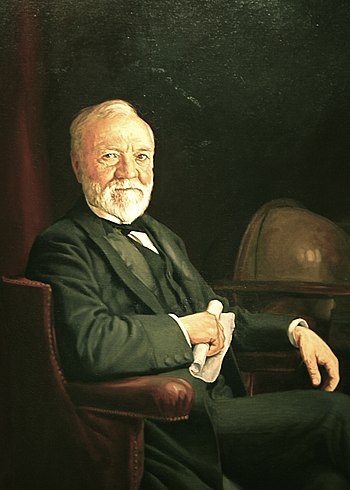The more things change, the more they remain the same.
I had written about it on my blog a long time ago. The news of Google and Barnes & Noble tie-up to take on Amazon is making me write it again. This move is a non-starter. Google has the cash to keep such non-starters running for a long time. But it won’t do anything for Barnes and Noble. And it will pose no credible threat to Amazon.
To understand why let’s start by talking of Google’s core business – Search. Most website owners are unhappy with Google. Why? Because Google keeps changing algorithms and “punishes” websites in search results. They don’t make the “rules of the game” known. They are “undemocratic” and “opaque”.
Too bad! Let’s come up with a search engine that will be nice to webmasters. Brilliant idea, right? Except, it won’t work. Consumers will continue searching on Google because Google works for them. Webmasters’ troubles do not concern them.
Similarly, the frustration of “industry” folks – the publishers, the booksellers, the distributors, and others looking to subdue Amazon – won’t translate into an opportunity to build an Amazon competitor. The customer mostly does not care about these frustrations. By customer, I don’t mean the loud voices on industry blogs, but the real customer who reflects in those sales numbers which Amazon has aplenty. Amazon is a business entity shrewd enough to know when a customer cares and will cater to his needs. They are not idiots or egomaniacs; they will do whatever it takes to advance their business interests.
If all websites owners in the world decide to boycott Google and put robots.txt to block Google’s indexing, an opportunity for a new search engine will arise. If all the producers and sellers decide to boycott Amazon, an opportunity for new e-commerce businesses will arise. But, the latter is as unlikely to happen as the former; I am sure no one needs convincing there.
So what, if there is no new opportunity? Can’t Google, being the giant it is, beat Amazon by out-executing it?
The chances are slim. If past examples of tech and online industry are anything to go by, you don’t dethrone a good king by playing his own game (good is the operative word here and hey – Amazon is good for customers). The dethronement happens when you change the game.
Microsoft did not defeat IBM by making a better mainframe. It played the new game of Personal Computers! Google did not defeat Yahoo! by making a better portal. It defeated Yahoo! by changing the game from portal to search. People started using search as their starting point on the Internet journey, rather than using the portals. Many Google-killer search engines came but the threat to Google search did not come from them. It came from Facebook and social media.
That’s why what Google and Barnes & Noble are doing is a non-starter. I am not undermining Google’s strengths but strength alone does not dethrone a good king. With all its strengths, Google hasn’t made much headway in the space of social network, has it? Tying up with Barnes & Noble to deliver books is not going to do much for it in e-commerce or bookselling either.
Don’t get me wrong. I am not claiming this because I think Amazon is invincible. Nor do I think that it should remain unconquered. I don’t like the power Amazon has over the publishing industry right now. It is as bad as the power publishers had! Probably worse, because e-commerce and online businesses are often in a winner-take-it-all situation. There were at least six big publishers. There is only one big Amazon. And that’s not a good situation.
What is one to do then? If someone does want to break Amazon’s monopoly, how does one do it? As a reader of books like “Fooled by Randomness” and “Wrong”, I am not one to make definite and bold predictions. The change comes from quarters not usually predicted by experts (or novices). Still, my bet is on e-books, not physical books.
Despite having the Google Books digitization infrastructure, Google has allowed Amazon to dominate the e-books market. But there is an opportunity for it to catch up. Not because of the publishers’ frustrations, but because of the customer dissatisfaction of the closed ecosystem, proprietary format, and DRM. This dissatisfaction with Amazon creates a possibility that can be kindled (sorry for the pun) further and taken advantage of by Google.
The funny thing? Google will have to fight the publishers to provide books without DRM. Even though these are the same people in whose interest breaking Amazon’s monopoly should be!
Still for Google, it’s worth investing in. Given the reach of Android and Google Play, Google could still potentially disrupt the e-books market. Provided it ensures that buying books on Google Play is easier and simpler than publishing it on Google Play Books.









































